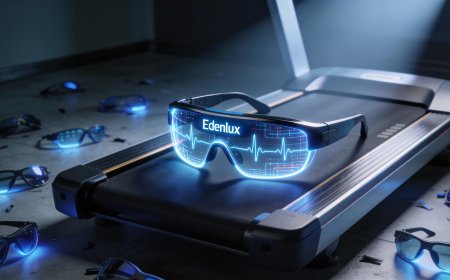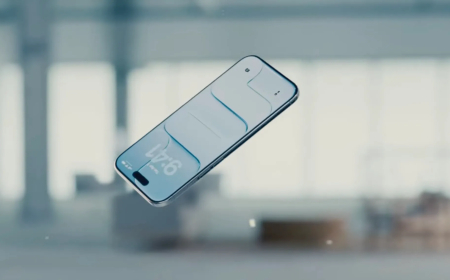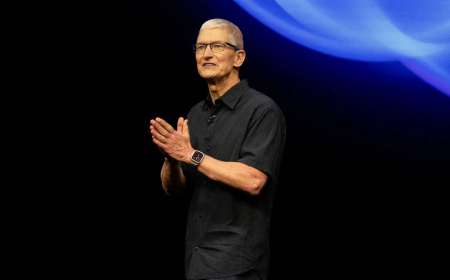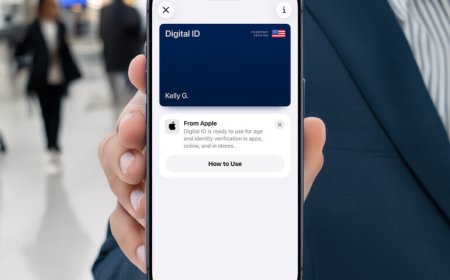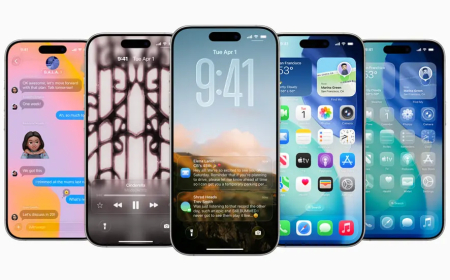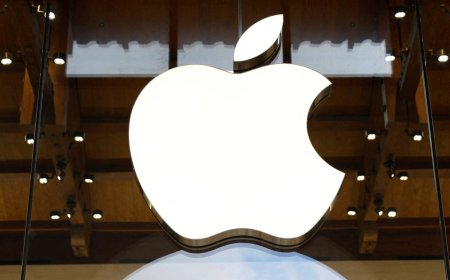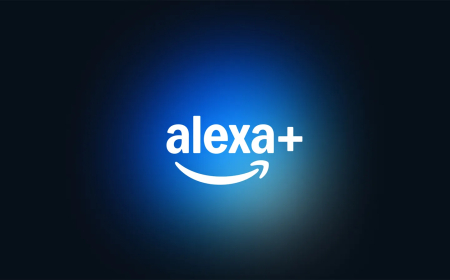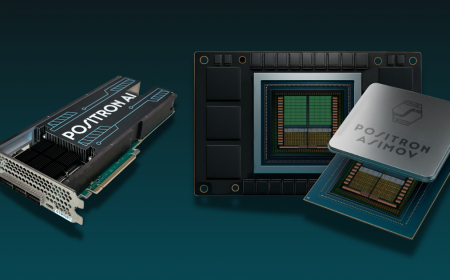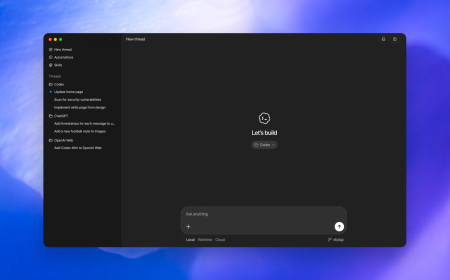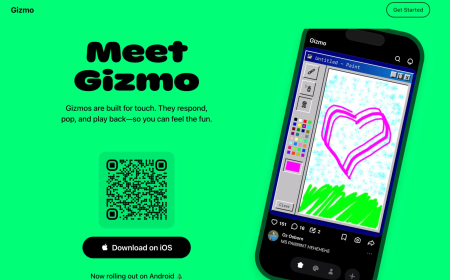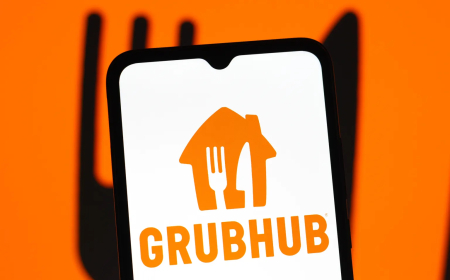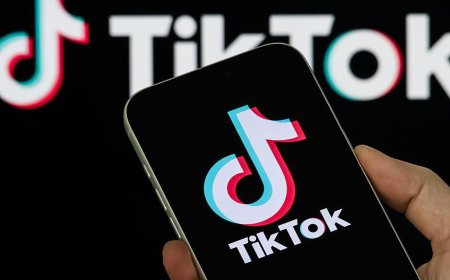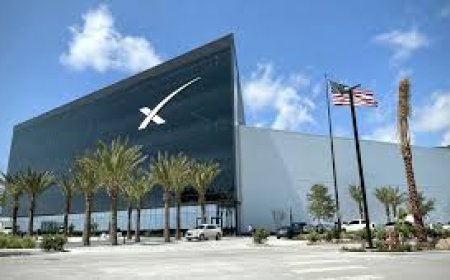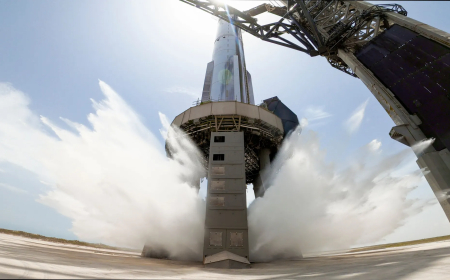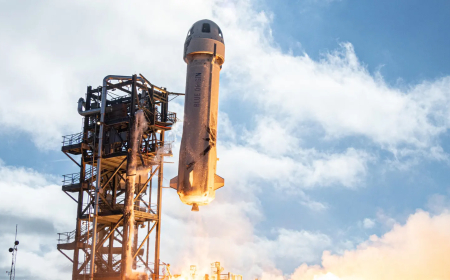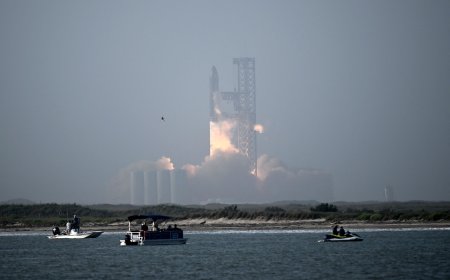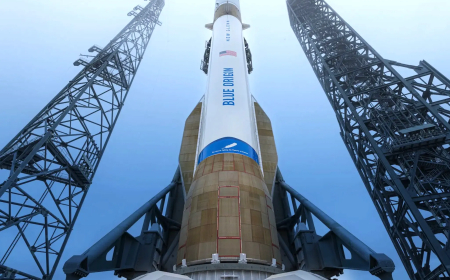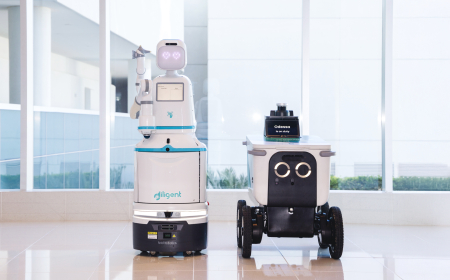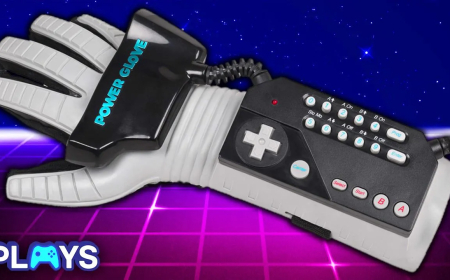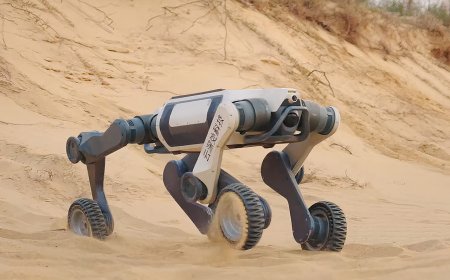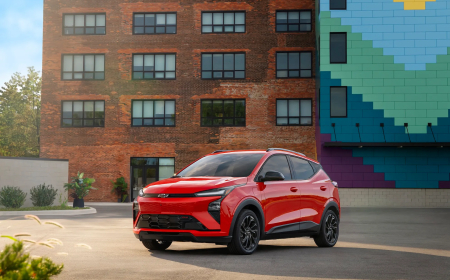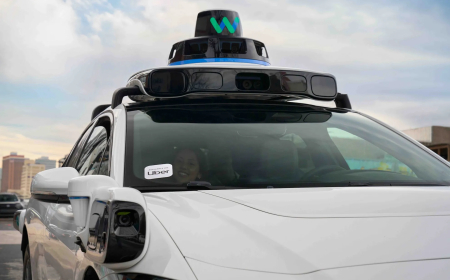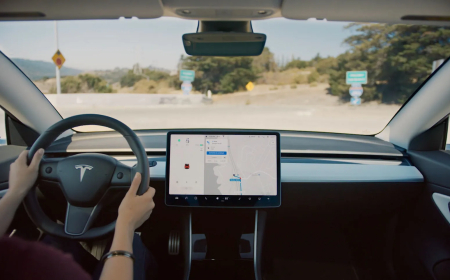Luminar is fighting with its biggest customer as bankruptcy threat looms
Volvo cancels its lidar contract with Luminar as the troubled sensor maker warns of possible bankruptcy amid layoffs, loan defaults, and rising disputes.
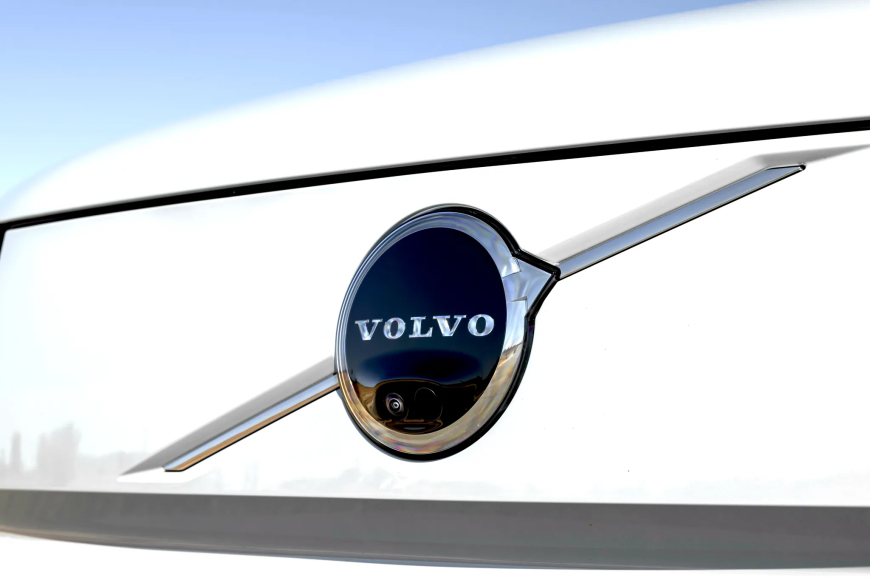
Luminar’s battle with its largest customer has intensified, as Swedish automaker Volvo terminated a five-year-old contract with the lidar company — a significant blow at a time when Luminar is already facing deep financial trouble.
The cancellation lands during a critical moment for Luminar, which recently defaulted on several loans. While the company says it is in negotiations with its lenders, it has warned investors that bankruptcy remains a real possibility.
In an effort to avoid that outcome, Luminar recently cut 25% of its workforce and has begun exploring a sale of the entire company or specific assets. One potential buyer is founder Austin Russell, who stepped down as CEO in May amid an investigation into ethics. According to new filings, Luminar is also under investigation by the U.S. Securities and Exchange Commission.
“Volvo Cars has made this decision to limit the company’s supply chain risk exposure and it is a direct result of Luminar’s failure to meet its contractual obligations to Volvo Cars,” the automaker told TechCrunch. Luminar declined to comment.
The fallout is significant because Luminar and Volvo have spent nearly a decade developing their technological roadmap together. Volvo invested in the Florida-based startup early on and played a key role in bringing Luminar’s lidar sensors into its first production vehicles. Luminar’s breakthroughs helped Volvo promote bold safety and automated driving ambitions. In contrast, Volvo’s backing helped Luminar build credibility ahead of its 2020 SPAC merger — a deal that made Austin Russell one of the youngest self-made billionaires.
But Luminar’s time as a public company has been rocky. It struggled to expand its customer base beyond Volvo, and in 2024, it laid off 20% of its staff as it transitioned lidar manufacturing to external partners. In May, Russell abruptly resigned as Luminar disclosed an ongoing “code of business conduct and ethics” inquiry.
Tensions with Volvo came to a head in public view on October 31.
In a regulatory filing that day, Luminar said Volvo would no longer include Luminar’s “Iris” lidar as a standard component on its EX90 and ES90 vehicles. Volvo also told the company it had “deferred” its decision regarding the next-generation “Halo” sensor planned for future models.
Luminar responded by filing a claim for “significant damages” against Volvo and suspending further commitments related to Iris production for the automaker.
“The Company is in discussions with Volvo concerning the dispute; however, there can be no assurance that the dispute will be resolved favorably or at all,” Luminar wrote in the filing.
Volvo told TechCrunch on Monday that its vehicles “can deliver a high level of safety and driver support, enabled by the cars’ powerful core computing coupled with their advanced sensor set, with or without a lidar.” The automaker acknowledged the situation “has an effect on some customer orders”, but did not clarify whether this meant delays or other changes.
The dispute has also created ripple effects throughout Luminar’s supply chain. After Luminar halted spending on Iris sensors for Volvo, the supplier responsible for producing those sensors claimed that Luminar was in breach of its agreement.
This story has been updated with comments from Volvo.
What's Your Reaction?
 Like
0
Like
0
 Dislike
0
Dislike
0
 Love
0
Love
0
 Funny
0
Funny
0
 Angry
0
Angry
0
 Sad
0
Sad
0
 Wow
0
Wow
0



